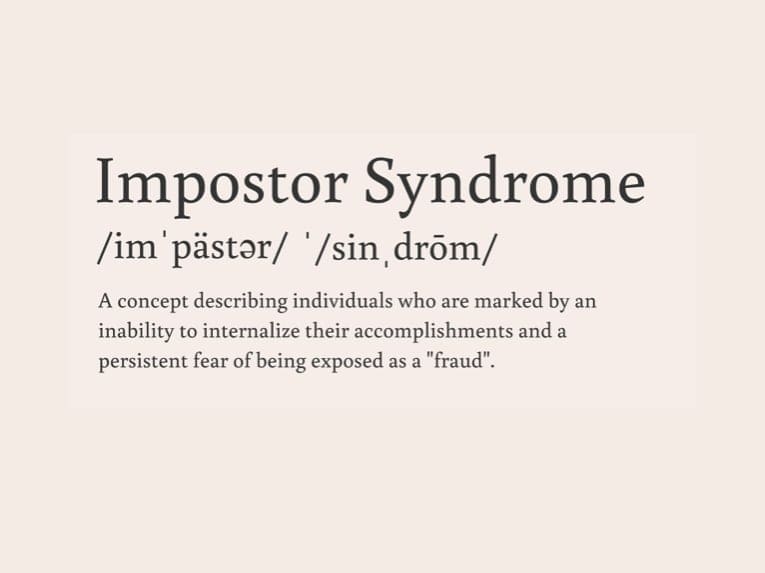The Suit of Shame: How Did I Put It On?
Your sense of self, personal dignity, and relationship boundaries matter: how to transform social shame and reestablish your worth.
One of the most beautiful qualities one has is the ability to communicate. Communication is self-revelation. It is self-leadership. It therefore has to do with the manifestation of your worthiness, ego, dignity, and status. A sense of shame serves a healthy purpose of protecting these values that make you noble, wise, strong and relationship worthy. Shame is a hidden emotion. It is a self-conscious alarm system alerting you that the aforementioned values are being violated or exposed against your will. Swift action is required to protect them and the quick remedy employed is hiding. This means that who you are is not being revealed at the moment. Your ability to communicate and engage in intimate relationships or socially function to connect with people in a healthy manner is undermined. It is a learned behavior and can be unlearned.
How was it learned?
Some of us are not privileged to grow up in a healthy loving and caring family environment. Development of a self-regulating brain requires secure loving attachment and care giving. When this is not the case, the brain becomes distrustful and care giving is blocked; brain regulation is disrupted. Pain management is impaired and there is malformation of social emotions. Clinical insight into such brains and family intimate connections (parent-child bonds) shows that the emotional pain and discomfort created are medicated with addictive behaviors and co-dependent life styles. Moments of embarrassment are created and hiding emotions, particularly shame, are recruited to preserve social status. Saving the family face becomes more important than health and wellness of the child. One grows up broken and puts on the suit of shame to camouflage the brokenness. It becomes a legacy carried on from generation to generation.
Imposter Syndrome
The suit of shame causes people to walk through life broken, feeling inferior, self-doubting, and constantly anxious. You have done so well to survive whatever adversity that brought about the embarrassment and shame. The suit of shame doesn’t fit any more. Now is the time to celebrate life and reveal the beautiful you camouflaged by the shame. To remove the suit of shame, you have to strip yourself naked, cleanse and redress in style. The functional opposite of shame is exposure. Think exposure not shame. Think communication not hiding. Think connecting with people not avoiding behaviors.
Suit of Honor
Your ego, status, dignity and worthiness are intact. New sets of memories that honor you will replace the shameful memories. This can be empowering and encouraging. It’s time to have fun and reveal your inner beauty on your own terms. This means that your inner child is now under your secure loving care. Acknowledge your wounds and allow regulated sadness to create an even balance. It will groom your brain to become trustful again. Gradually your anxiety will be replaced with peace and contentment that adorns your suit of honor. A healthy sense of shame is enthroned to warn you of premature exposure and protect your privacy to have intimate connections.
Self Leadership
Regulated sadness and boundaries means that you have earned respect, honor, and worth. Social forces can no longer undermine your new process of self leadership. Your status does not depend on social pressure to conform. You vibrate your being and those who deserve you exuberantly sing along to your fame. Your inner-child and outer-adult are in sync. The era of shaming you by calling you derogatory names, diminishing, disparaging, alienating or bullying you to “belong”, or silent treatment is over. They belong to the worn-out suit and can no longer revive the woundedness suffered by the inner-child. The outer adult has keen knowledge, love, wonderful caring attitudes and is joyful to be with. The brain of the outer-adult is trustful and knows when and who to trust. It is worthy to be loved and is lovable. Getting clinical care that engages the social brain awakens your invisible capacities that have been blocked by sense of shame, and it empowers your recovery. You rock in your suit of honor.
Charles currently sees clients at our Voorhees and Lawrenceville offices. To set up an appointment, you can reach him at 215-382-6680 ext. 7033 or cmuorah@councilforrelationships.org.

